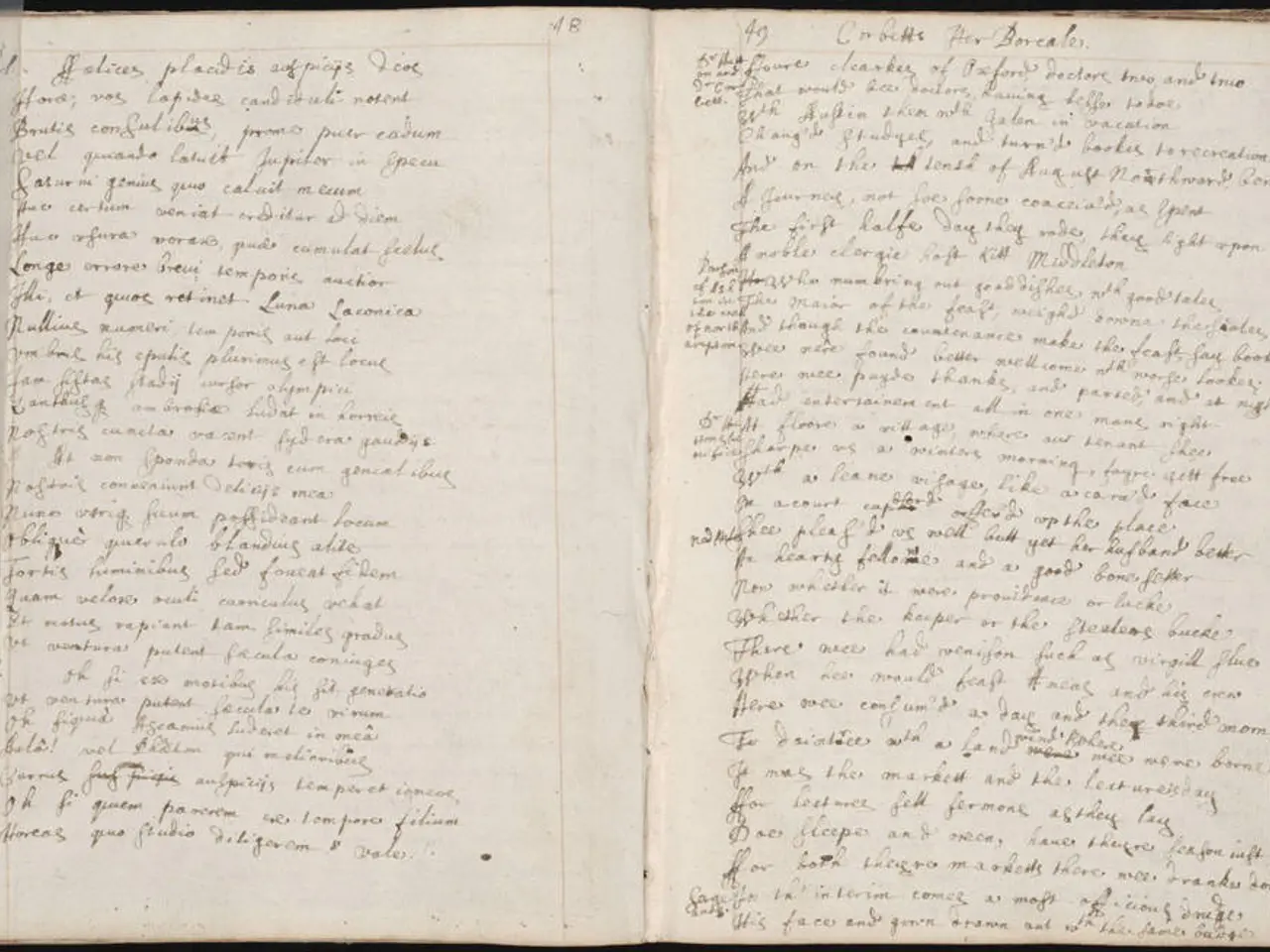Interpreting Dreams: An Exploration of Demonic Imagery
In the realm of psychology, dreams serve as a window into the subconscious, offering insights into hidden aspects of our personality. One intriguing aspect of dream analysis is the interpretation of demons, which often symbolize inner fears, unresolved conflicts, or negative emotions [3][2].
Dream demons can be seen as symbols of the "shadow self," a term coined by Carl Jung to represent repressed or denied aspects of personality [2]. Confronting these inner demons in dreams allows a person to engage with these hidden parts, promoting self-awareness and emotional integration. Instead of battling these figures, nurturing and understanding them can lead to healing and personal growth [2].
This symbolic encounter with demons in dreams aids self-discovery by highlighting unresolved emotional issues or internal conflicts, revealing hidden fears or negative attitudes that need to be accepted or transformed, and acting as indicators of an unfinished psychological process or transition to a new phase [5].
In terms of inner healing, working consciously with these dream demons helps bring shadow parts into conscious awareness, reducing their unconscious control over behaviour. It also facilitates emotional release and forgiveness, either of oneself or others, and encourages vulnerability and honesty, which strengthen psychological resilience [4].
Engaging with demonic influences in dreams can help dreamers gain valuable knowledge about themselves. Recognizing these inner conflicts is crucial for dream interpretation, as it helps decipher the hidden meanings behind these dark manifestations and gain a deeper understanding of oneself.
Dream interpretation of demons can help understand one's waking world better and interpret hidden fears. Encountering demons in dreams can be a path to self-discovery and inner healing, transforming fear into insight and growth [2][4].
However, it's essential to note that dreams filled with symbolism and unconscious desires provide an opportunity to recognize challenges and inner conflicts, but they are not to be confused with "sleep paralysis demons," which are neuroscience phenomena rather than symbolic dream content [1].
In essence, demons in dreams, when acknowledged and explored, can become guides for profound self-understanding and emotional healing, offering a key to self-discovery and a promoter of personal growth and inner harmony.
Dream interpretation, particularly of demons, can provide valuable insights into hidden aspects of one's mental health, such as unresolved conflicts, negative emotions, or internal fears, which align with the subconscious realm as explained in French psychology. This engagement with dream demons in the health-and-wellness context can foster self-awareness, emotional integration, and personal growth, acting as a conduit to mental-health improvement.




